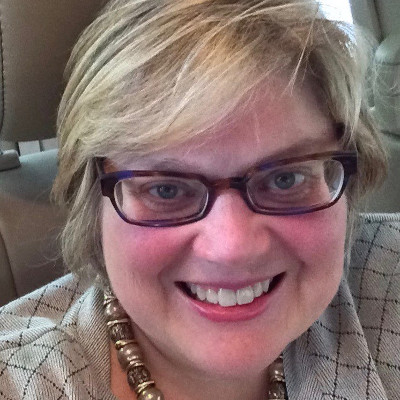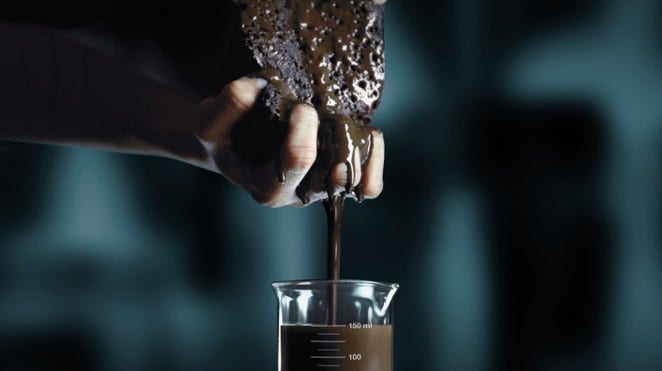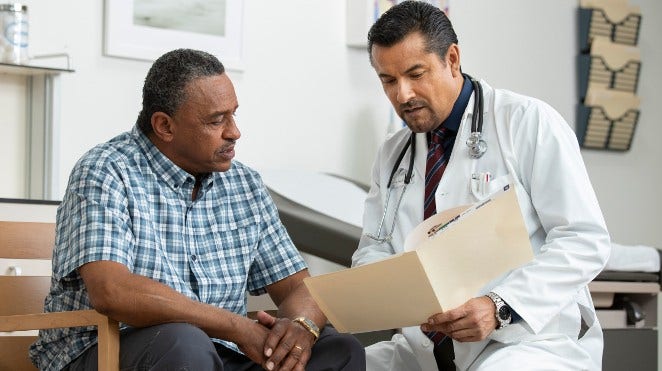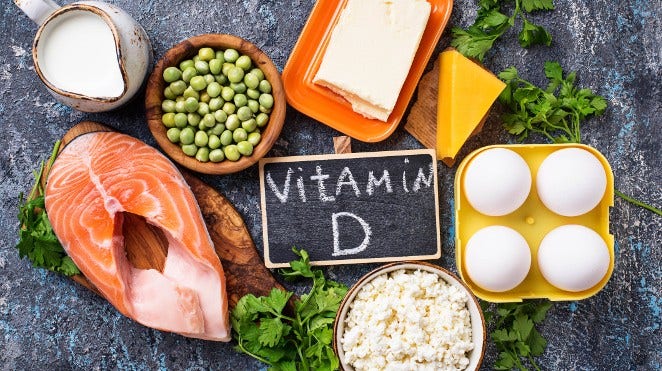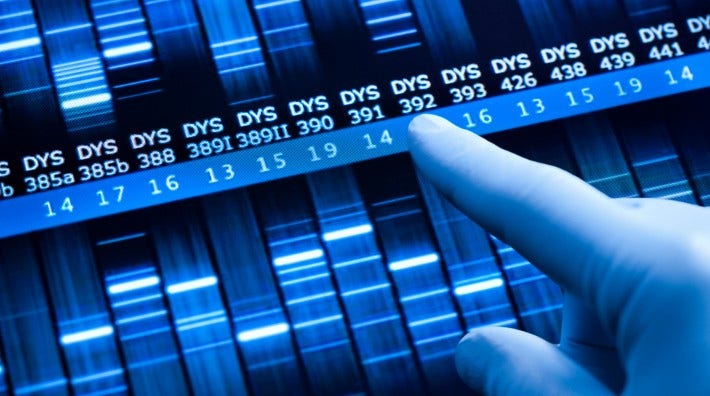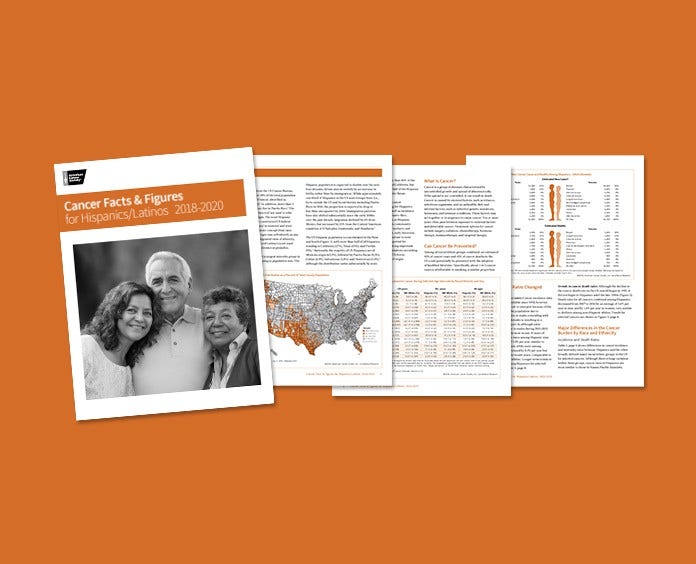Year in Review: Cancer Research Insights from 2018
From finding new genes associated with an increased risk for triple negative breast cancer to checking for cancer in a small sample of blood, 2018 was a year of countless new insights and advances.
The American Cancer Society (ACS) strives for a world without cancer. Each day, we support this mission with the research we do and fund, as well as with our other services. Now, we’re mapping out an even bigger plan with the ACS National Cancer Control Blueprint. We’re sharing our blueprint in 6 articles that will publish in CA: A Cancer Journal for Clinicians. The Blueprint's goal is to provide evidence about what we’ve done, and still do, to decrease deaths from cancer. It also prompts cancer organizations and experts to work harder together to save more lives. Read more.
This picture, from an ad that was part of a national mass media campaign in Senegal, compares the human lung to a sponge. It shows how much cancer-producing tar could be squeezed out of an average smoker’s lung after 1 year of smoking. The ad prompted a near 600% increase in calls to the quit line compared to the pre-campaign period.
Do you spend a lot of time sitting during your leisure time? If so, you could have a higher risk of dying from all causes compared to people who use their free time to be active. That was one of the findings from a 2018 report using data from one of the American Cancer Society (ACS) prevention studies. See these tips about how to take breaks from sitting by turning off the screen, standing up, and moving more.
The Affordable Care Act (ACA) took effect in 2014. A research team at the American Cancer Society has been evaluating the results of its first year. They reported that the number of cancer patients who didn’t have health insurance dropped in almost all states. And the biggest drops were in states that adopted Medicaid Expansion as part of the ACA (expansion states). These states allowed more people to be eligible for Medicaid. The researchers also learned that there were fewer differences in access to care in expansion states during the first year of the ACA. Read more.
Women can protect themselves from cervical cancer. The most important thing to do is to get screened for cervical cancer with a Pap test. Another is to get the HPV vaccine. Cervical cancer is the only HPV-related cancer that we can attack with this 1-2 punch. That’s why many cancer experts think cervical cancer could become the first cancer to be eliminated. Learn more about it and about other types of cancer that the HPV vaccine can help prevent.
Research shows that drinking coffee may reduce your risk of getting cancer in the breast, colon, rectum, lining of the uterus (endometrium), liver, and head and neck. But coffee can contain acrylamide. That’s one of the same chemicals in tobacco products, french fries, and certain snack foods. It’s classified as a “probable carcinogen.” So, what’s the bottom line for coffee drinkers? Find out from our own ACS researchers, Susan Gapstur, PhD, and Marjorie McCullough, ScD.
Vitamin D has long been known to be needed for bone health. In 2018, researchers from the American Cancer Society reported that people who had lower-than-recommended levels of vitamin D had a higher chance of getting colorectal cancer. People who had higher-than-recommended vitamin D levels had the lowest chance of getting colorectal cancer.
For years, researchers have been trying to figure out better ways to find cancer early, when it’s most curable. One idea being studied and gaining ground is called a liquid biopsy. One day your doctor may be able to use a small sample of your blood to screen for cancer, before you have any symptoms.. This single test would be easier on patients and faster for doctors, but it still has a way to go. Learn all about it in this 2018 interview with J. Leonard Lichtenfeld, MD, MACP. He's the acting chief medical and science officer of the American Cancer Society.
Until recently, BRCA1 was the only gene linked to a particularly hard-to-treat type of breast cancer called triple-negative breast cancer (TNBC). But in 2018, a research team published their finding of other genes linked to an increased risk for TNBC. Learn more about TNBC and how this discovery offers hope for women in the future.
In all US states and territories but one, lung cancer is the leading cause of cancer death among men, regardless of race. That one region is Puerto Rico. There, the largest proportion of cancer death among men is prostate cancer. Check out other stats in 2018-2020 Cancer Facts and Figures Health for Hispanics and Latinos, produced by researchers from the American Cancer Society.

